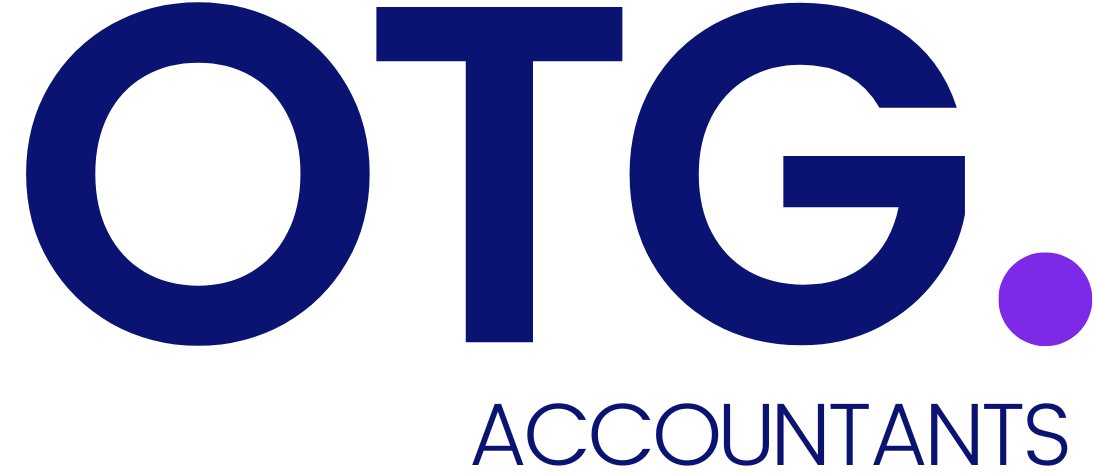Getting to grips with EMI schemes
November 15, 2019
What is the EMI Scheme?
The Enterprise Management Incentives Scheme is a great way for Start-Ups and growing Tech businesses to get talent on board without having to fork out market competitive salaries. This HMRC approved incentive allows companies to grant share options to their employees which they can then choose to exercise in the future and exchange for true shares in business. If employees then go on to sell their shares, any profit will be classified as a Capital Gain and will be taxed at just 10% so there are savings to be had for both employer and employee.
How does it work?
When options are given to employees they will have an ‘exercise price’. This is the current market value of those shares in the company.
These options are just that – optional. There is no obligation on the employee to purchase the shares in the future and they cannot be passed on to anyone else. Typically the employee will take up their right to buy shares as the value of the company’s shares increase; the trigger for this recognition often being when the company is sold.
Example
- Noah is given 1000 options at £1 each
- In 5 years, the market value of the shares has increased to £5 per share.
- Noah exercises his right and purchases his options for £1,000 and then sells them for £5,000.
- Noah has made a Capital Gain of £4,000. Every individual receives an annual exemption allowance; for 2019-20 this is £12,000 so in this case there would be nothing payable but if the gain exceeds the allowance then funds will be taxable @ 10% - note this is provided the employee has met the conditions of the EMI agreement.
How we can help
Our specialists can help you establish your EMI scheme and liaise with HMRC on your behalf, along with giving you advice on the best structure for you and your business.
Give us a
call today to discuss your options.

In the realm of employee share schemes, understanding the tax implications is crucial for both employers and employees. One significant aspect to consider is the Section 431 election, a provision under the UK's Income Tax (Earnings and Pensions) Act 2003. This election plays a pivotal role in determining how employment-related securities, particularly restricted shares, are taxed.

In today's rapidly evolving business environment, intangible assets have become central to a company's value and growth potential. Traditional accounting standards, however, have struggled to keep pace with the diverse and complex nature of these assets. Recognising this gap, the International Accounting Standards Board (IASB) and the UK Endorsement Board (UKEB) are embarking on a comprehensive review of IAS 38: Intangible Assets, a standard that has remained largely unchanged for over 26 years.



